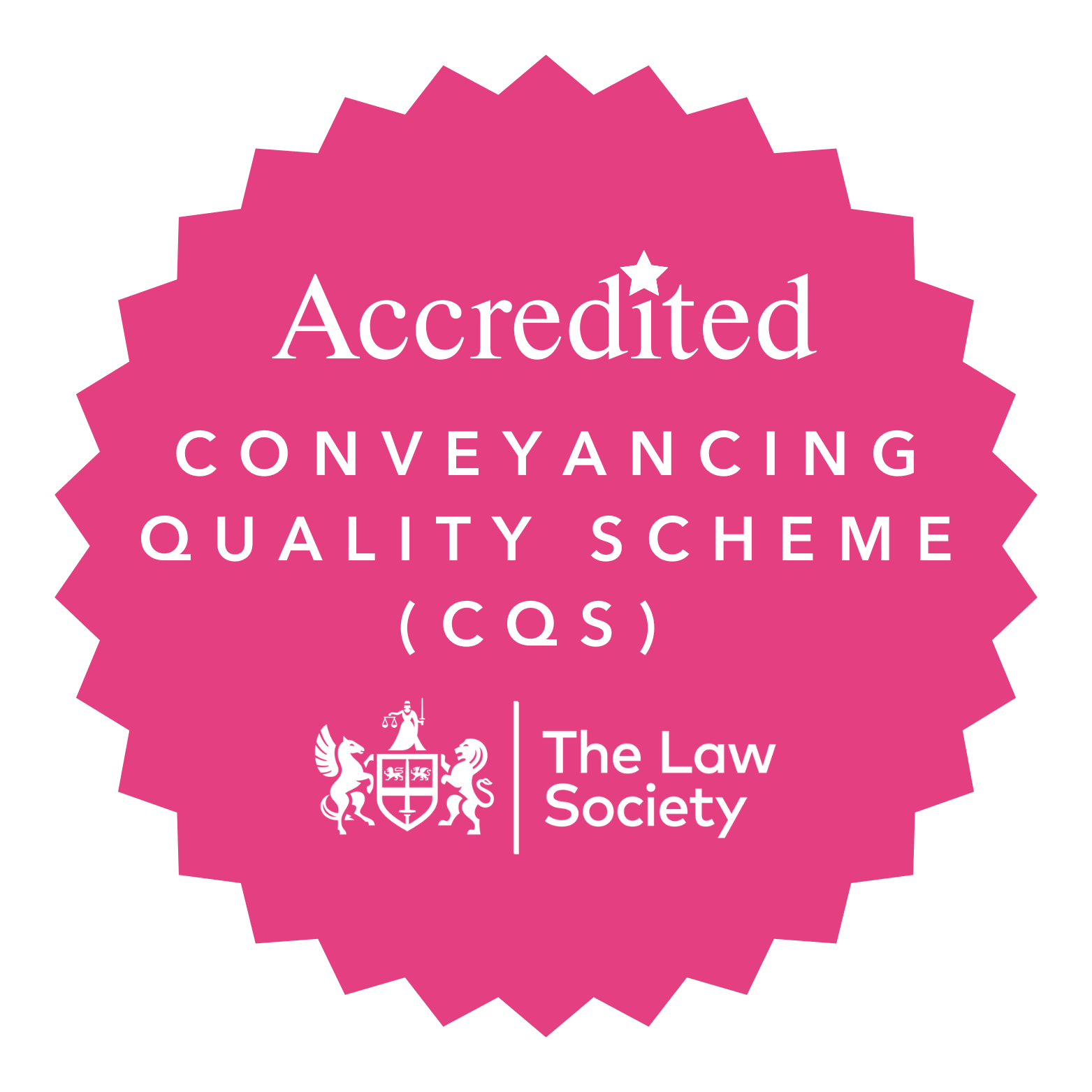When it comes to your divorce, you may have many questions such as; What will it cost? How can I fund my divorce? Where do I start?
The expense of a divorce hinges on various factors, including your chosen approach and the complexity of your case.
Our estimate will explain what you will be required to pay for our advice and the time we spend working on your behalf as well as details of Court fees.
We are committed to ensuring that you have a clear understanding of the potential costs and encourage you to consider your financial arrangements. There are a number of options available to you for the funding of your legal fees as follows:-
- using assets, your income or savings etc.
- exploring loans or financial support from family or friends.
- agreement a commercial arrangement with a bank or other lender, such as using a credit card, overdraft facility, or loan.
- in cases where the value of marital assets is high, and cash is not readily available, specialist lenders may offer consumer credit loans to help you purchase legal services.
Pickerings accept payment from clients on a private basis as set out in our terms and conditions of business which are sent to you at the start of your matter. Invoices are issued regularly during the course of your case and it is expected that these invoices will be paid upon receipt. Payments from you on account of fees and expenses will be requested from you during the process. You are free to set up a standing order arrangement to make payment on a regular basis and such payments can be used towards your fees. Any shortfall between those payments made on account and your invoice would have to be paid upon receipt of your invoice.
Pickerings may be able to help reduce your costs by talking through your situation and suggesting practical and legal next steps that you could take. To arrange your free, initial, no obligation 30-minute consultation, contact Susan Davies on 01827 317070 or sdavies@pickerings-solicitors.com
How much does a divorce cost?
The total cost of a divorce varies based on several factors, including your chosen approach and the complexity of your situation. The cost also depends on what stage of the divorce you are at and whether you are starting the divorce or just responding to divorce papers. Our commitment to transparency means that you can expect a clear and comprehensive quotation for your divorce at every step of the process. Book a free, initial, no obligation 30-minute consultation in confidence to discuss your circumstances and get a better idea of the process and costs going forward.
There is a £593 court fee to apply for a divorce in England and Wales. You can find current information on assistance with paying court and tribunal fees here.
How do I fund my divorce?
You can get funding from any existing assets or loans from the bank (may be secured against an asset in which you have interest). Litigation loans are also available in certain circumstances. You might agree with your partner to use funds in their name or to extend the mortgage on your house.
Is Legal Aid available for divorce?
This firm does not offer Legal Aid funded advice and representation on divorce.
Generally, Legal Aid is no longer available in the majority of divorce cases unless you or your family are;
- at risk of abuse or serious harm, for example domestic violence or forced marriage
- at risk of homelessness or losing your home
- you have been accused of a crime, face prison or detention
- you are being discriminated against.
If you believe you may qualify, you should consult a lawyer who provides legal aid for this type of work.
Who pays the divorce fees?
The standard practice regarding the payment of legal fees in a divorce is that each party involved will be responsible for covering their respective legal costs.
In the case of a divorce application, the person initiating the divorce, known as the sole applicant, is typically responsible for paying the court fee, which currently stands at £593, along with any other related fees.
If the application is a joint one, the primary applicant (applicant 1) is usually responsible for paying the court fee.
It's important to note that, the reduction in Legal Aid funding for the majority of family law cases in 2013 has made private funding the only option for most individuals.
Can I get my partner to fund my divorce?
Generally, no you can't. In limited circumstances you can apply for a costs order and then it is up to the court to decide whether to make a costs order against your partner.
Should I claim for divorce court costs?
It is advisable to try and agree the divorce costs before even sending the application to the court. This can lower the chance of the other person contesting the costs later.
If the other person doesn't agree to cover the costs, it might lead to problems, cost increases, and delays.
What if my partner goes bankrupt during divorce proceedings?
Claims and awards remain even if one party has gone bankrupt but there can be implications for the other party. Seek legal advice as soon as possible for advice on how to continue.
How can I save money on my divorce?
We would always suggest talking to your chosen lawyer regarding the potential expenses before starting on your divorce journey. In order to help you with this and maintain control over the costs of your divorce, we would suggest;
- Book an Initial Consultation: Speak with your chosen lawyer about potential costs before starting the process. Pickerings offers an initial 30-minute, no-obligation consultation meeting with one of our family law specialists and may be able to reduce your cost by talking through your situation and suggesting practical and legal next steps you could take. We will provide a detailed breakdown of our fees, VAT, and any other expenses upfront, ensuring you have a comprehensive understanding from the start. Our quotes include hourly rates, matched to the expertise of your family lawyer. You will always be paired with a lawyer with the appropriate level of expertise to achieve your desired outcome.
- Identify Likely Costs: Your chosen lawyer will highlight potential expenses like court fees and disbursements, including barrister's fees, travel costs, and document photocopying.
- Have Clear Objectives: Having a clear idea of your desired outcome can reduce costs by preventing unnecessary delays.
- Know Your Finances: Understand your financial position before consulting a family lawyer will save time and cost.
- Consider Dependents: Planning your post-divorce living arrangements and budgeting can help when considering about the impact on children and dependents.
- Ensure Efficient Communication: To minimise costs, make sure you respond promptly to your lawyer, as delays caused by chasing information can add to your expenses. Equally, if you have multiple queries it is best to send them all in one email than rather engage in multiple emails and telephone calls for which you will be charged.
- Use Collaborative & Resolution Methods: By using a collaboratively trained lawyer, you should be able to reduce the need for costly court interventions.
We're here to provide you with the support and guidance you need throughout your divorce journey, offering practical and tailored advice every step of the way. Pickerings may be able to reduce your cost by talking through your situation and suggesting practical and legal next steps you could take. To arrange your free, initial, no obligation 30-minute consultation, contact Susan Davies on 01827 317070 or sdavies@pickerings-solicitors.com



